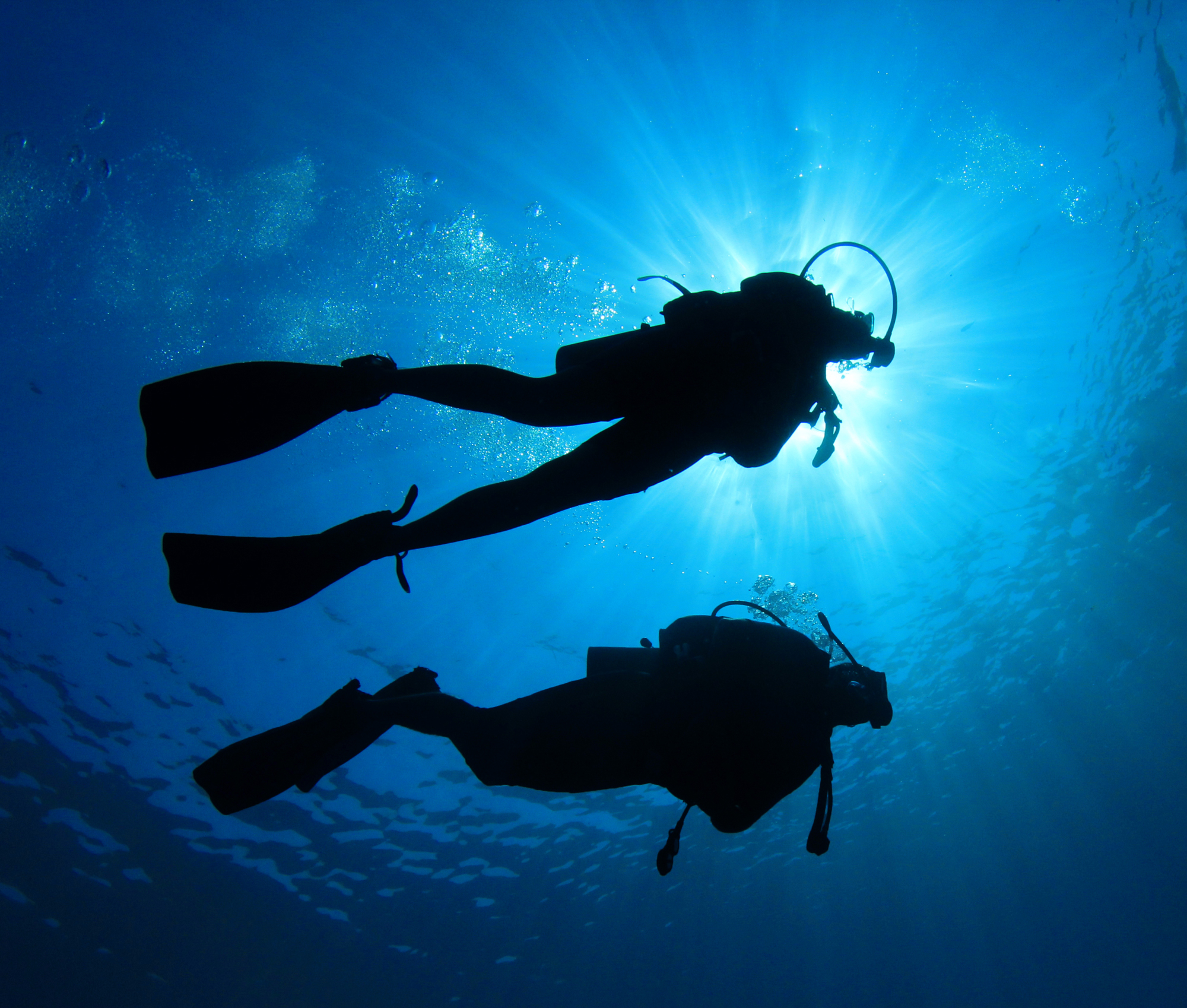Many of the experts in Working Group 1 of TC 228 have been working on diving standards since the turn of the millennium. At first, work was carried out at the European level, in WG3 of CEN TC 329 ‘Tourism Services’. Immediately after ISO TC 228 ‘Tourism and related services’ was founded in 2007, work continued at the ISO level, and ‘Diving Services’ became the first Working Group (WG1) of ISO TC 228. Practically, all the standards produced by TC 228 WG1 have also become European standards (EN ISO), in accordance with the procedures laid out in the Vienna Agreement.
It is safe to say that the recent years have been the most productive in the long history of the Working Group, culminating in the publication of no less than eight standards within the last one and a half years: five standards (EN ISO 24804, 5, 6, 7 and 8) on requirements for the training of rebreather divers and instructors and three standards laying out the requirements for the training of Scientific divers (EN ISO 8804-1:2024), Advanced scientific divers (EN ISO 8804-2:2024) and Scientific diving project leaders (EN ISO 8804-3:2024).
WG1 was contacted by the European ScienceDIVER project consortium (a project funded by the European Maritime and Fisheries Fund), asking us to help standardize the training of scientific divers.
We were overwhelmed by the international support we received from the crème de la crème of international scientific diver training who requested the completion of the standards aimed at the scientific diving community. This explains why the recently published series of standards (EN ISO 8804 parts 1-3), while obviously available for everybody, are primarily directed at the scientific diving community, and why we have only now submitted a new work item proposal for requirements for the training of citizen science divers, addressing the needs of the much larger body of recreational divers.
As always, a standard is a compromise between the opinions of participating experts. The more varied the backgrounds of the experts are, the greater the differences are, and the more challenging it is to come up with standards which have the broadest possible support. While the standards have a similar structure to other training standards (Competencies, Prerequisites for training, Introductory information, Required theoretical knowledge, Required practical skills, Practical training parameters and Evaluation criteria), it was clear from the outset that the standards would have to accommodate different skill sets needed by different sciences. Consequently, the standards contain common requirements which scientific divers should be able to meet, regardless of whether they are biologists, geologists or archaeologists.
“The proof of the pudding is in the eating”, and only time will tell if the ‘science diver standards’ will come to enjoy the same success and broad acceptance as the series of thirteen recreational diver standards. We believe that this series of EN ISO standards for the training of scientific divers will become the accepted reference documents, which will make it easier for scientific divers to participate in international projects and have their qualifications recognized in other countries around the world. It will also help governments, universities and other research bodies to better assess the qualifications of scientific divers.
The fact that ISO TC 228 WG1 has not only fulfilled the long-time European objective of creating European standards to harmonize scientific diver training but has, at the same time, created worldwide ISO standards is a testament to the value of the Vienna Agreement between CEN and ISO. It also reflects the broad-mindedness of the participating experts from around the world who generously donated their time and expert knowledge to make these standards in such a way that they reflect the current state of the art with regard to the training of scientific divers.




